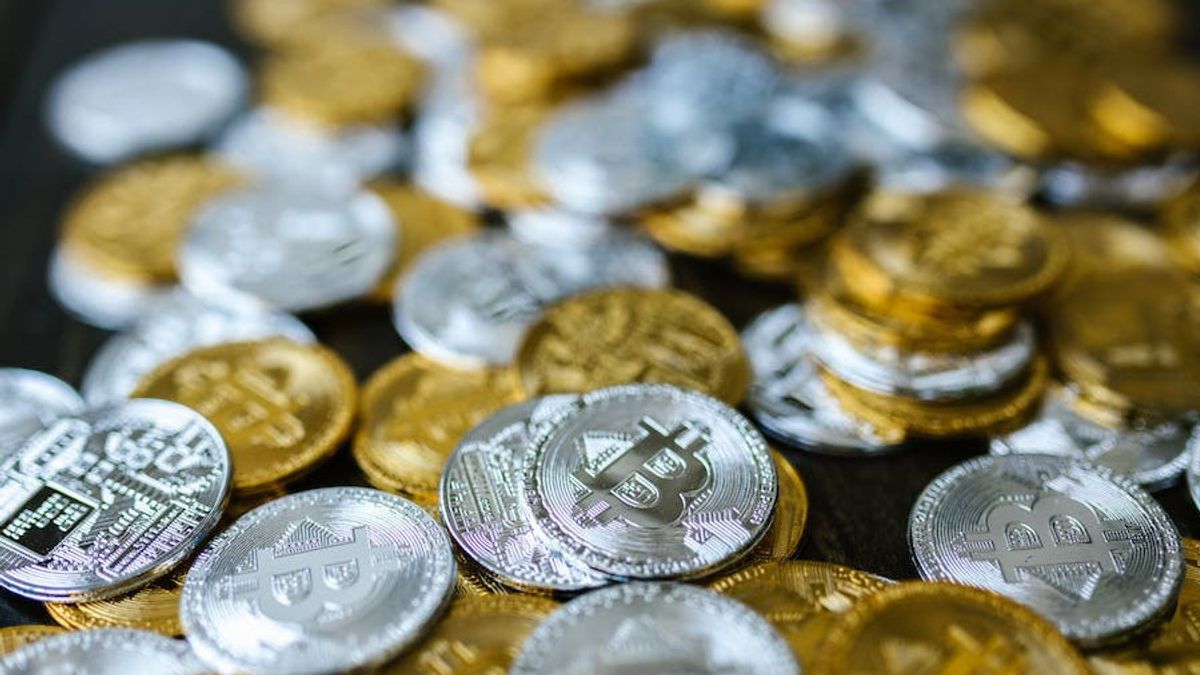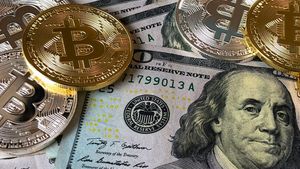JAKARTA - The role of cryptocurrencies in financing terrorists and militant groups has returned to the spotlight after a deadly attack on Israel by Palestinian militant group Hamas, a few weeks ago.
Israel has confiscated crypto accounts claimed to be linked to Hamas. US legislators have also encouraged the government to crack down on the use of cryptocurrencies by Hamas and its affiliates.
However, cryptocurrencies are just one way for violent militant groups and groups designated as terrorist organizations to earn and use money.
Here are some cryptocurrency roles, as quoted by Reuters.
WHY IS CRYPTO USED IN ILLEGAL FINANCE?
Anyone can create a cryptocurrency wallet address without always having to go through an inspection like the one done by the bank.
The address is a pseudonym - only labeled with a series of letters and numbers - which means people can send and receive cryptocurrencies without having to reveal their identities.
The blockchain technology that underlies cryptocurrencies operates digitally, across borders, meaning that it can function as an instant payment system.
Crypto globally subject to less specific regulations compared to traditional finance, although new rules were introduced in some areas.
Financial Action Task Force (FATF), a global agency responsible for countering money laundering and terrorist financing, has warned that crypto assets "risk to become safe escape sites for financial transactions of criminals and terrorists."
APOKAH CRYPTO TIDAK BISA DILACAK?
Yes, but not always.
Blockchains like Bitcoin and Ethereum create permanent public records about transactions. This means it's possible to see the flow of funds in and out of the wallet address, as well as which wallets interact with it.
It's difficult for outsiders to identify transactions on blockchain, but blockchain analytics firms have tools to track funds.
However, to connect this flow with a person or group, the researchers rely on information that is not recorded by the blockchain.
Crypto exchanges can record which addresses customers and police can reveal the identities behind the wallet.
Cryptocurrency users can further obscure their footprint by using crypto "mixers", or transferring funds to exchanges or other companies where these funds are difficult to distinguish from other customer assets.
HOW MANY CRYPTOS ARE USED IN TERRORIST FUNDING?
Nobody knows for sure.
The militant group used various methods to divert money, including cash, banks, shelter companies, and charitable institutions, as well as informal financial networks. Crypto is a small part, experts say.
A UN official said in 2022 that a few years ago 5% of terrorist attacks were deemed crypto-financed, but this number may have risen to 20%, as reported by Bloomberg.
FATF said this year that cryptocurrencies pose an "an increasing risk of terrorist funding," but "most of" terrorist financing is still using conventional money.
When illegal financial flows are identified in crypto companies, that doesn't necessarily mean all of the company's currents are polluted, said crypto researcher Chainalysis.
SEE ALSO:
Chainalysis said terrorist funding "represents a fraction of the less than 1% of the entire crypto market occupied by illegal activities."
WHAT ABOUT OTHER ILLEGAL FINANCIAL FORMS?
Terrorism funding is a small part of the illegal use of cryptocurrencies, which include fraud, fraud, and theft software.
Crypto crime hit a record 20.1 billion US dollars (Rp303 trillion) in 2022, Chainalysis said, calling this a lower limit estimate. This figure does not include when cryptocurrencies are the result of non-crypto crimes such as payments for drugs.
The theft of cryptocurrencies through cyberattacks is also a significant source of funding for North Korea, according to a UN report. Several banks in the UK have restricted customer access to cryptocurrencies due to increased crypto scams.
The English, Chinese, Japanese, Arabic, and French versions are automatically generated by the AI. So there may still be inaccuracies in translating, please always see Indonesian as our main language. (system supported by DigitalSiber.id)


















